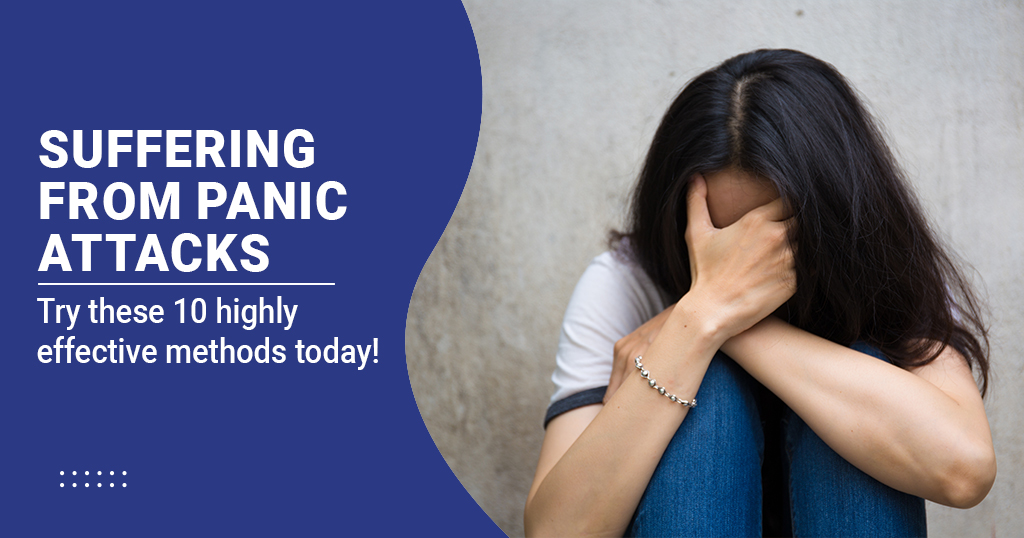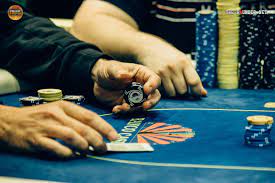Anxiety and panic attacks are debilitating conditions that can decrease a person’s quality of life significantly. They can cause a variety of physical and psychological symptoms, including heart palpitations, sweating, difficulty breathing, and a sense of impending doom. While there are various therapies and medications for anxiety relief, exercise has emerged as a powerful intervention for managing and reducing anxiety symptoms natural cure for panic attacks (prirodni lijek protiv napada panike).
Research has shown that exercise has both immediate and long-term benefits for anxiety reduction. Regular exercise not only helps to improve mood and self-esteem but also reduces stress, anxiety, and depression. It’s also an excellent way to prevent panic attacks by reducing stress levels. In this blog post, we’ll explore how exercise can help in reducing anxiety and avoiding panic attacks.
1. Exercise releases feel-good hormones
When you exercise, your body releases endorphins that can interact with receptors in your brain, reducing pain and boosting pleasure. These “feel-good” hormones help to reduce stress and anxiety and can provide a sense of well-being. Even just a short 30-minute workout can make a significant difference in how you feel.
2. Exercise improves sleep
Stress and anxiety can significantly impact your ability to sleep. Regular exercise can improve your sleep quality, reduce feelings of daytime fatigue, and awaken feeling refreshed. A study conducted at the University of Georgia found that a consistent workout routine improved sleep quality in participants with insomnia.
3. Exercise helps to clear the mind
Exercise can also help to improve your cognitive function and reduce mind chatter. By engaging in physical activity, you’re taking the focus away from worrying and shifting it towards the activity. This can help to relax your mind and promote mental clarity. Outdoor activities like hiking, running, and cycling can also provide a calming effect and reduce mental stress.
4. Exercise provides a sense of control
Anxiety disorders can make you feel like you are not in control of your life. Exercise can provide a sense of control and discipline in your life, while also boosting your self-esteem and self-confidence. By engaging in exercise, you are taking control of your physical and mental health, which can help to reduce feelings of helpless and hopeless.
5. Exercise provides social support
Exercise can also be a fun way to connect with others and provide social support. Participating in group fitness classes or team sports can provide a sense of community and promote social interactions. This can help to reduce feelings of isolation and loneliness, which can worsen anxiety symptoms.
Conclusion:
Exercise is a simple and effective way to reduce anxiety and avoid panic attacks. By incorporating physical activity into your daily routine, you can experience immediate and long-term benefits for your mental and physical health. Whether it’s a quick workout at home or an outdoor activity with friends, exercise can help you manage your anxiety symptoms and improve your overall quality of life. If you’re new to exercise, start small and build up gradually. Consult your doctor before starting any exercise program.



